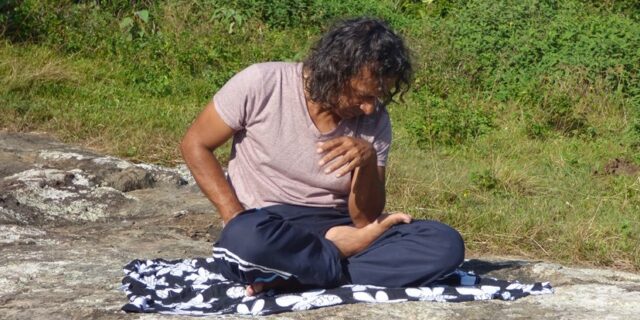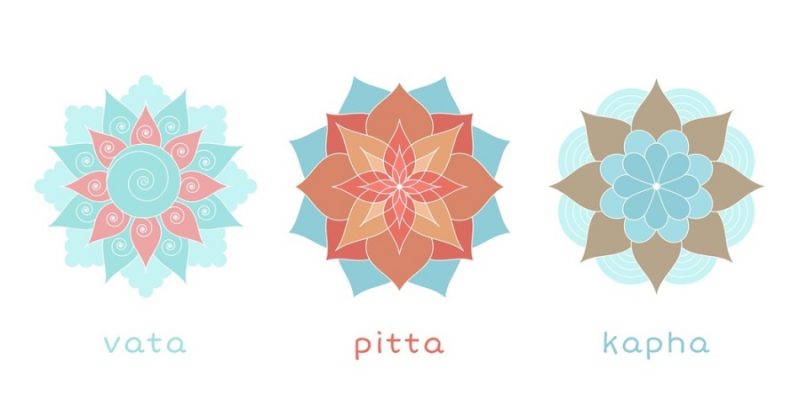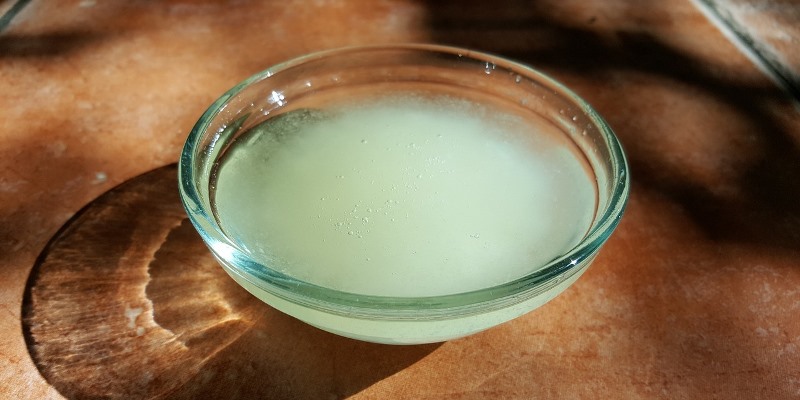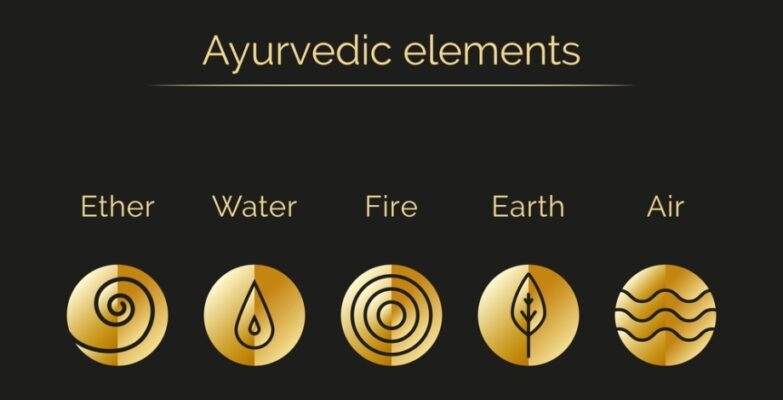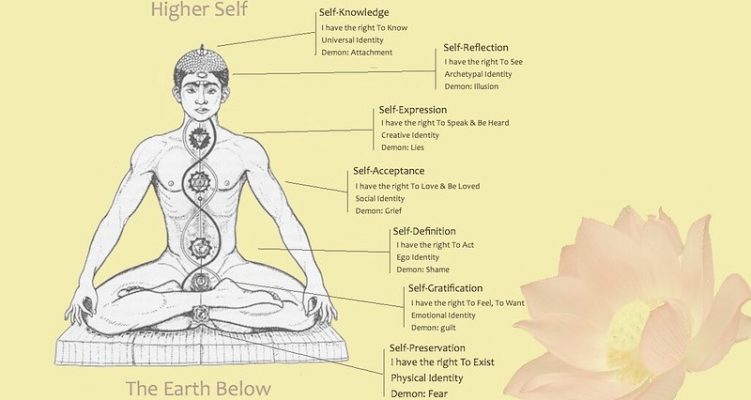
Dinacharya is an ancient Self-Care practice in Indian Ayurvedic Medicine that consists of a daily routine for adults that aims at helping them to establish balance and health in their constitution.

The word Dinacharya comes from the old Indian Sanskrit language and is made up by two parts: Din which means “daily” and Charya which means “practice or routine.”
One of the first structured descriptions of the Dinacharya practice originates in the medical texts from Acharya Sushruta, a famous Indian physician, lovingly called “The Father of Surgery,” who lived somewhere between 800 BC and 600 BC (note: researchers on the topic disagree about the exact period he might have lived).
In one of his treatises, Sushruta sums up various activities and practices one should carry out, and gives instructions of what needs to be done daily to maintain good health.
Introduction
The idea behind the Dinacharya is that carrying out specific practices routinely, regularizes a person’s biological clock, aids digestion, absorption and assimilation, promotes physical and mental balance, health, self-esteem, discipline, peace, happiness, and longevity. Yet, do mind that the Dinacharya practice is rather meant to be a preventive than a curative routine.

The prescribed activities in Dinacharya are strongly based on the notion of cycles in life and nature, which are typically described in terms of Dosha characteristics. According to Ayurvedic principles, everything works in cycles, may it be our lives, the seasons, the month, or the day, to give some examples.
As such, in Dinacharya, the types of daily activities are set predominantly around two daily cycles (the daytime-cycle and the nighttime-cycle), in each of which you’ll find certain “timeslots” that correspond with specific Doshas. For a proper understanding of Dinacharya, one needs to keep in mind that all practices are ultimately aimed at keeping the three Doshas in balance for optimal health.
To avoid confusion, it also needs to be noted that the daytime-cycle is divided in the early morning time routine and a daytime routine. The nighttime-cycle is usually called the evening routine. Moreover, the activities done from sunset time till sleeping time are officially called Ratricharya, but in practice Dinacharya and Ratricharya together are called Dinacharya.
At any rate, the activities during these routines typically include elimination and evacuation, hygiene and bathing, massage and exercise, meditation and prayer, food and drinks, clothing habits, study and work, relaxation and sleeping. Think of practices such as nasal oiling, mouth cleaning, ear oiling, eye care, self-massage, physical exercise, meditation, among many other activities.
Daily Cycles
Daytime Cycle
The first cycle, which is the Sunrise to Sunset cycle, spans, more or less, the time between 6:00 a.m. and 6:00 p.m., and consists of the following Dosha characteristics:
◾ 6:00 a.m. to 10:00 a.m. – Kapha Dosha
◾ 10:00 a.m. to 2:00 p.m. – Pitta Dosha
◾ 2:00 p.m. to 6:00 p.m. – Vata Dosha
Nighttime Cycle
The second cycle, which is the Sunset to Sunrise cycle, spans, more or less, the time between 6:00 p.m. and 6:00 a.m., and consists of the following Dosha characteristics:
◾ 6:00 p.m. to 10:00 p.m. – Kapha Dosha
◾ 10:00 p.m. to 2:00 a.m. – Pitta Dosha
◾ 2:00 a.m. to 6:00 a.m. – Vata Dosha
Daily Routines
The daily routines cover the two cycles, day and night, and are divided into the early morning routine, the daytime routine, and the evening routine.
Early Morning Routine
The early morning routine takes place between 4:00 a.m. and 10:00 a.m., depending on your Dosha type. It’s the waking up routine, which includes a broad variety of activities, such as meditation, Yoga, oiling, Abhyanga Self-Massage, cleaning the body, emptying the bladder and bowels, bathing, and having breakfast.
Daytime Routine
The daytime routine takes place between 10:00 a.m. and 6:00 p.m., which is typically the time for work, study, and lunch.
Evening Routine
The evening schedule, the classical Sunset time, starts at about 6:00 p.m. and ends at 10:00 p.m. It’s the time to relax, maybe do some moderate exercise, have a light dinner, have sex (if relevant), and prepare for sleep with activities such as oiling, massage, meditations, or Pranayama.








